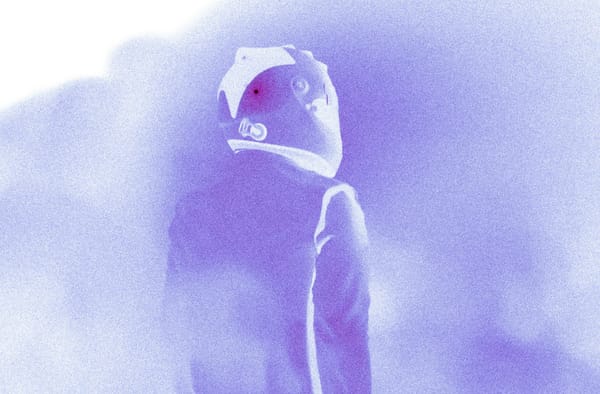Neurological Health - young or old

Your brain is not just a collection of neurons.
It is you.
Your memories, your emotions, your ability to decide. Everything comes from the health of this one organ.
As you age, your brain slows down. You forget names. You misplace things. You struggle to focus. But it doesn’t have to be that way.
Neurological health is not luck.
It is the outcome of how you live. Antioxidants play a key role. They protect your brain from oxidative stress, free radicals that damage your neurons. Think of them like shields. Turmeric and green tea, for example.
Sleep is when the magic happens. Every night, your brain clears toxins through the glymphatic system. Miss sleep, and the debris piles up.
You wake up foggy, irritable, and slow. Over time, poor sleep leads to serious decline.
Then there’s CoQ10. A small molecule, often ignored. COQ10 is an enzyme that helps create memories. Your mitochondria, the powerhouses in your neurons, need it.
Without it, energy production drops. And when your brain lacks energy, it struggles.
Exercise is not just for the body. When you move, you increase blood flow to the brain.
You release brain derived neurotropic factor (BDNF), a molecule that helps neurons grow and repair.
A 30-minute walk can change your brain chemistry.
But the most underrated factor? Human connection. Relationships reduce stress. They boost feel-good neurotransmitters like oxytocin and serotonin.
Loneliness is toxic.
It shrinks your brain and raises your risk of dementia.
So how would you know if you are in good neurological health?
You feel clear. You remember. You stay emotionally balanced. You make decisions with confidence. You connect deeply with people.
This is not a miracle. It results from daily choices. Eat colourful foods. Move your body. Sleep deeply. Take care of your mind. It’s the only one you will ever have.
Reach out to me on twitter @rbawri Instagram @riteshbawriofficial and YouTube at www.youtube.com/breatheagain






